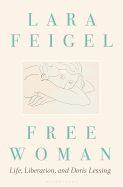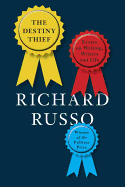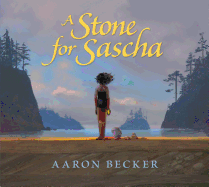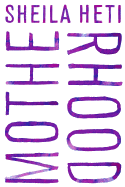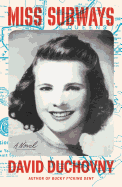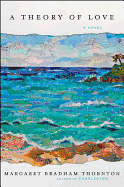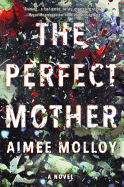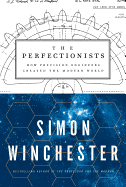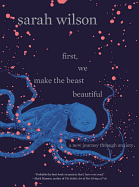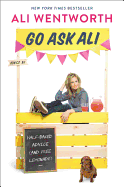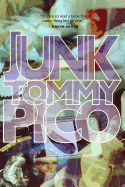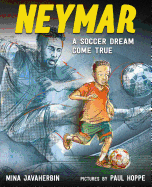Tuesday, May 29, 2018
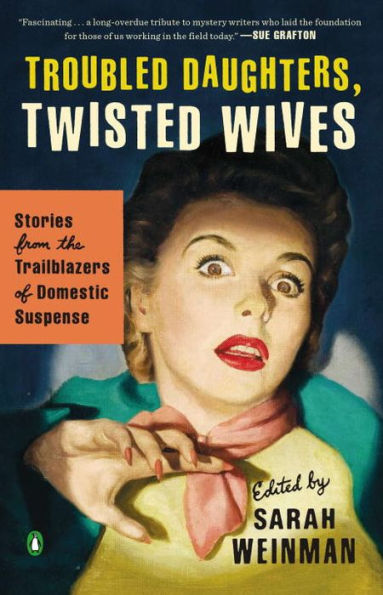 In her anthology Troubled Daughters, Twisted Wives (Penguin Books, $17), editor Sarah Weinman collects short works of crime fiction by women about women. She credits the authors collected here with inspiring the contemporary generation of women crime writers, pushing forward a genre she calls domestic suspense.
In her anthology Troubled Daughters, Twisted Wives (Penguin Books, $17), editor Sarah Weinman collects short works of crime fiction by women about women. She credits the authors collected here with inspiring the contemporary generation of women crime writers, pushing forward a genre she calls domestic suspense.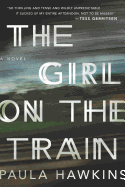 There's no shortage of bestsellers that fall squarely into this category--how many times have we heard a psychological thriller touted as "the next Gone Girl!" or "The Girl on the Train meets Big Little Lies." Certainly, all of these books are excellent in their own right, but for those looking to explore the genre, we offer a few suggestions:
There's no shortage of bestsellers that fall squarely into this category--how many times have we heard a psychological thriller touted as "the next Gone Girl!" or "The Girl on the Train meets Big Little Lies." Certainly, all of these books are excellent in their own right, but for those looking to explore the genre, we offer a few suggestions: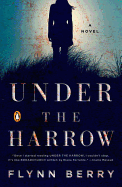 In her debut novel, Under the Harrow (Penguin Books, $16), Flynn Berry takes a straightforward murder mystery and imbues it with a complicated sense of grief, loss and the aftermath of trauma. In The Widow (Berkley, $16), Fiona Barton (whose second novel, The Child, (Berkley, $16), was also widely praised), approaches the story of a suspected child murderer through the lens of his widow's experience.
In her debut novel, Under the Harrow (Penguin Books, $16), Flynn Berry takes a straightforward murder mystery and imbues it with a complicated sense of grief, loss and the aftermath of trauma. In The Widow (Berkley, $16), Fiona Barton (whose second novel, The Child, (Berkley, $16), was also widely praised), approaches the story of a suspected child murderer through the lens of his widow's experience.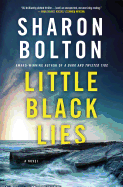 Sharon Bolton's Little Black Lies (Minotaur, $16.99) plays with narrative voice, telling the story of a series of missing children from three viewpoints: a woman who lost her two sons in a freak accident, the woman responsible for their deaths and a veteran suffering from PTSD. Attica Locke sets a murder on an old Louisiana plantation in The Cutting Season (Harper Perennial, $15.99), embedding a whodunit-style mystery within the larger contexts of racism and immigration in the Deep South.
Sharon Bolton's Little Black Lies (Minotaur, $16.99) plays with narrative voice, telling the story of a series of missing children from three viewpoints: a woman who lost her two sons in a freak accident, the woman responsible for their deaths and a veteran suffering from PTSD. Attica Locke sets a murder on an old Louisiana plantation in The Cutting Season (Harper Perennial, $15.99), embedding a whodunit-style mystery within the larger contexts of racism and immigration in the Deep South.The list could go on and on, of course; the genre of domestic suspense is deeply rooted in classical works of crime fiction and thriving in contemporary novels. Let us know what books you'd add to your list. --Kerry McHugh, blogger at Entomology of a Bookworm
Motherhood
by Sheila Heti
Discover: A writer in her late 30s wrestles with how to choose an unknowable future, with or without children.
Miss Subways
by David Duchovny
Discover: Miss Subways is an imaginative journey through New York City by a young woman and assorted mythological figures, inspired by the Irish myth of Emer and Cuchulain.
A Theory of Love
by Margaret Bradham Thornton
Discover: In a modern love story, a spirited British journalist finds both romance and disappointment amid the whirl and glitz of the global elite.
Mystery & Thriller
The Perfect Mother
by Aimee Molloy
Discover: The members of a Brooklyn mommy meetup group face their demons when one mother's infant is kidnapped.
Biography & Memoir
Free Woman: Life, Liberation, and Doris Lessing
by Lara Feigel
Discover: Exploring the life and work of Doris Lessing, Lara Feigel combines biography, literary criticism and memoir to create a mesmerizing meditation on womanhood.
History
The Perfectionists: How Precision Engineers Created the Modern World
by Simon Winchester
Discover: The Perfectionists is an entertaining journey examining engineering's pervasive impact on society from the Industrial Revolution onward.
Essays & Criticism
The Destiny Thief: Essays on Writing, Writers and Life
by Richard Russo
Discover: Prize-winning author Richard Russo's collection of nine essays offers sage advice on the writing life and life itself.
Psychology & Self-Help
First, We Make the Beast Beautiful: A New Journey Through Anxiety
by Sarah Wilson
Discover: A candid, conversational and extensive look at the day-to-day experiences of living with an anxiety disorder.
Humor
Go Ask Ali: Half-Baked Advice (and Free Lemonade)
by Ali Wentworth
Discover: Actress and comedian Ali Wentworth shares witty anecdotes and life lessons learned from her mishaps.
Poetry
Junk
by Tommy Pico
Discover: Native American poet Tommy Pico indulges American consumer culture in this fun yet profound book-length poem.
Children's & Young Adult
A Stone for Sascha
by Aaron Becker
Discover: A young girl who has recently lost her dog is part of a grander tale than she can imagine in A Stone for Sascha.
Neymar: A Soccer Dream Come True
by Mina Javaherbin, illus. by Paul Hoppe
Discover: Famous Brazilian soccer player Neymar's trajectory to stardom comes to life in this illustrated portrayal of his childhood spent working and playing hard to achieve a dream.


